Procurement Collusion Strike Force Likely To Increase Whistleblower Claims For Government Contractors
On November 5, 2019, the Department of Justice (DOJ) announced a new initiative to investigate and prosecute criminal antitrust violations in government procurement. The Procurement Collusion Strike Force (PCSF) is similar to the highly successful Health Care Fraud Strike Force established by DOJ Criminal Frauds in 2007, in that it will bring together representatives from Main Justice, relevant Offices of Inspector General, and select U.S. Attorney’s Offices to consciously coordinate enforcement in localities most affected by the targeted conduct. And, as health care providers have experienced over the last dozen years, government contractors can anticipate that DOJ’s focus on procurement issues will lead to an uptick in whistleblower lawsuits under the civil False Claims Act.
Structure of the PCSF
The PCSF will include Inspector Generals from the Department of Defense (DOD), the General Services Administration (GSA), the U.S. Postal Service, and the Department of Justice (DOJ) in addition to the Federal Bureau of Investigation (FBI).
Contractors who work with the DOD or GSA should familiarize themselves with the organization and aims of the PCSF, particularly if they have operations or perform work in California, Colorado, the District of Columbia, Florida, Georgia, Illinois, Michigan, New York, Ohio, Pennsylvania, Texas, or Virginia.
The PCSF’s mission is combating criminal antitrust violations, especially bid rigging and other anti-competitive schemes that can affect government procurement. Initially, the PCSF will educate procuring agencies and their representatives about likely indicators of anti-competitive conduct. The strike force also established a website where individuals can view a tutorial about problematic practices.
Opportunities for Whistleblower Lawsuits
Individuals can submit information about potential violations by government contractors directly to the PCSF through a dedicated “Tip Center.” However, savvy tipsters will recognize that contractors who engage in bid-rigging or other anti-competitive conduct may also face liability under the False Claims Act (FCA).
DOJ has brought or joined a number of FCA cases based upon underlying antitrust violations; it is a theory of liability that has been sanctioned since the U.S. Supreme Court issued its opinion in U.S. ex rel. Marcus v. Hess in 1943. In May of this year, DOJ reached a $7 million FCA settlement with a pharmaceutical company accused of engaging in price-fixing of generic drugs.
The advantage to tipsters – and the danger for contractors – is that an FCA action can yield monetary recoveries for both the government and for the person who files a whistleblower lawsuit in lieu of, or perhaps in addition to, contacting the PCSF Tip Center. The FCA’s treble damages and penalty provisions provide powerful financial incentives for employees, team members, and competitors to present their claims in the form of an FCA action.
Parallel Civil Actions and Spin-Off FCA Claims
The PCSF’s intensive focus on procurement practices is likely to lead to enforcement activity both criminal and civil – as well as administrative – for government contractors, regardless of whistleblower activity. Since at least 2012, DOJ has emphasized the need for parallel intake, investigation, and enforcement efforts. During Eric Holder’s tenure as Attorney General, the notion of parallel proceedings was to bring together all of the government’s enforcement tools to deter white collar crime.
The current administration has reiterated the importance of parallel proceedings, and added guidance about coordinating resolutions for corporate wrongdoing to avoid “piling on” unnecessary penalties.
Consequently, savvy government contractors understand that in dealing with any inquiry or investigation, more than one enforcement component can be – and likely is – involved in the matter. Companies need to evaluate their potential risk on a number of fronts.
The other, almost inevitable, consequence of the PCSF’s work is the discovery of conduct by government contractors that is not squarely within the strike force’s antitrust enforcement mission, but exposes other types of noncompliance. In the procurement process itself, contractors should be mindful of any organizational conflict of interest obligations, the prohibitions of the Procurement Integrity Act, and the Anti-Kickback Act among others. Violations of any of these requirements can give rise to both criminal and civil enforcement actions.
November 6, 2019
